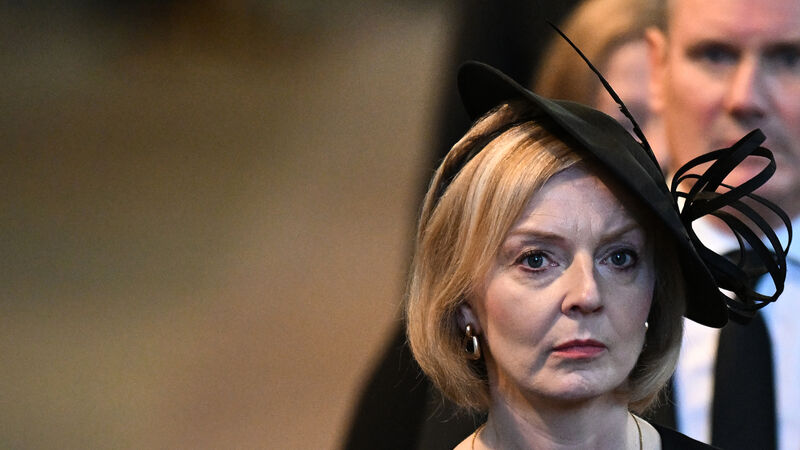Investor trust in Britain on the edge after 7% drop in sterling in last three months, poll finds

Reuters poll: 'Trust is fleeting... and Truss would be wise to reassure markets that she has a plan to pay for these expenditures.'
Investor confidence in British assets sits on the edge of a precipice as its new chancellor of the exchequer Kwasi Kwarteng readies his first fiscal update, a Reuters poll of bond strategists and economists showed.
Mr Kwarteng is due on Friday to outline his plans to support households and businesses through the coming winter, an event investors say will be a critical test of confidence in Britain's economy and public finances.











